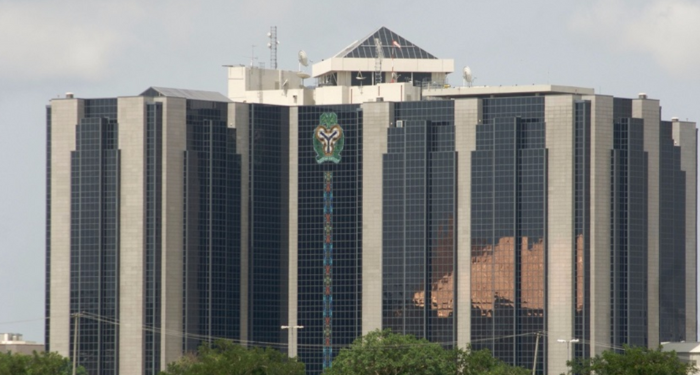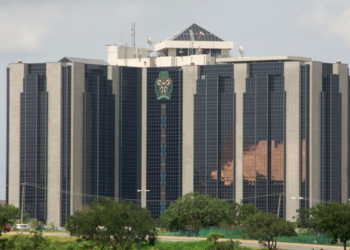Economic activities in Nigeria have shown a positive turn for the first time in over a year, according to the latest report from the Central Bank of Nigeria (CBN).
The Purchasing Managers’ Index (PMI) for August 2024, compiled by the CBN’s Statistics Department, indicates an expansion in business activities after 13 months of consecutive contraction.
The composite PMI for August 2024 stood at 50.2 index points, signalling a growth in economic activities. This development is a significant milestone, reflecting cautious optimism for various sectors of the economy.
According to the report, “the composite PMI for August 2024 stood at 50.2 index points indicating expansion in economic activities for the first time in thirteen consecutive months of contraction.”
Rising output, new orders, raw material stocks drive growth
According to the report, the PMI survey, which was conducted from August 12 to 16, 2024, provides insight into the general performance of key sectors, including Industry, Services, and Agriculture.
A PMI above 50 points generally indicates expansion, while a figure below that mark signifies contraction.
The August PMI report noted that the economic upturn was primarily driven by improvements in output, new orders, and the stock of raw materials.
The survey results, based on responses from purchasing and supply executives across Nigeria’s economic sectors, showed that output stood at 50.8 points, new orders at 50.5, and the stock of raw materials at 51.3, all reflecting expansion.
However, employment levels continued to decline, registering 48.7 points in August, marking the eighth consecutive month of contraction in employment.
Mixed sectoral performance
One of the key findings of the report is that while the overall economic activity expanded, sectoral performances were mixed.
- The Services sector, for instance, continued its expansionary trend for the third consecutive month, with a PMI of 50.7 points.
- This growth is attributed to an increase in business activities, new orders, and stock levels of raw materials, with the Repair, Maintenance, and Washing of Motor Vehicles subsector leading the expansion.
- However, the Transportation and Warehousing subsector recorded the highest contraction within the sector.
- The Agricultural sector also experienced growth for the first time in several months, with a PMI of 50.5 points. Crop production and agricultural support services subsectors reported growth, while subsectors like livestock, fishing, and forestry continued to decline.
Despite the improvements in certain sectors, the Industrial sector still faces challenges. The PMI for the Industry sector stood at 49.2 points, indicating contraction. This marks the seventh consecutive month of contraction in industrial activities, albeit at a slower rate than in previous months.
What you should know
- Unlike the CBN report that puts PMI at 50.2 for August 2024, the latest Stanbic IBTC report stated that Nigeria’s Purchasing Managers’ Index (PMI) rose marginally to 49.9 in the same month.
- It noted a marginal uptick in August rising from 49.2 to 49.9 on the back signalling a slight improvement in business conditions but renewed inflationary pressures continue to hinder the growth of businesses.
- The report indicates that business conditions in the Nigerian private sector remained largely unchanged in August. While there was a slight uptick in new orders, the growth rate was modest and did not lead to an increase in overall business activity, which experienced a slight decline.



















